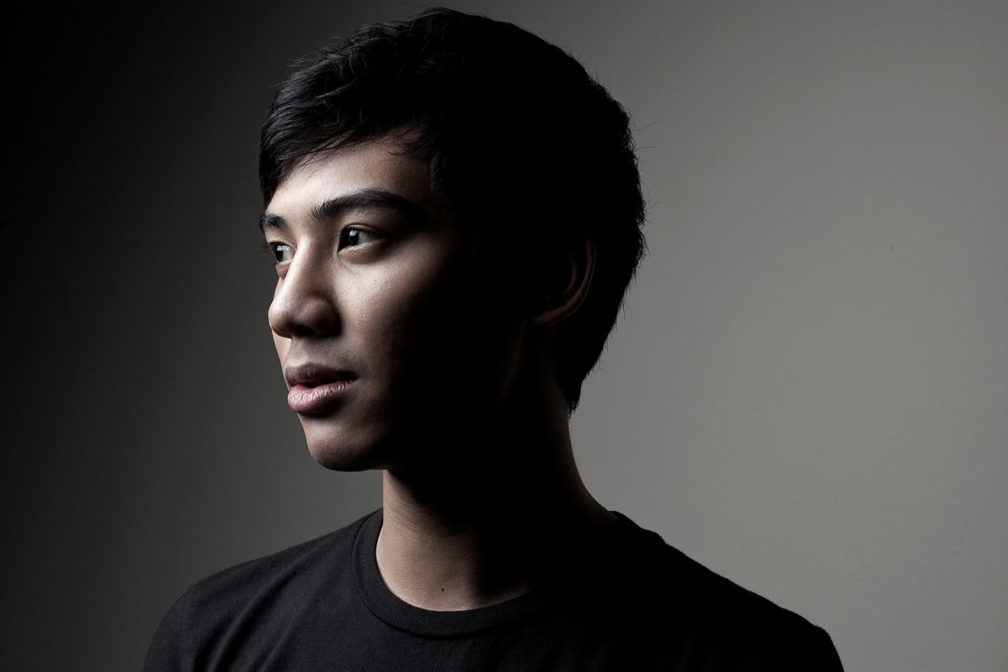
In August of 2016, Ye Ming Yuen, a prominent D.J. at the Zouk nightclub in Singapore, was arrested for selling drugs to friends. Specifically, 129 grams of marijuana and 15 grams of crystal meth. This was his second
Singapore takes pride in its no-tolerance system, and in a way, they should. The country has been ranked as one of the safest in the world for years now, and the government asserts that is in large part due to the strict law enforcement policy of the Singaporean judicial forces. Between January and October of 2016, 1,257 caning sentences were handed down, and 987 of those were carried out between that same time frame. With a single-party domination of Singapore’s political realm, human rights issues tend to fall between the cracks, especially considering the government’s lack of tolerance on free speech. In fact, local courts have ruled that caning is not “regarded as torture”. After Singapore’s decision to cane American citizen Michael Fay in May of 1994, then-Senior Minister Lee Kuan Yew issued the following statement:
The American society is the richest and most prosperous in the world, but it is hardly safe and peaceful. If you like it that way, that is your problem. But that is not the path we choose. They always talk about human rights. I think it is just a convenient slogan.
Does Ye Ming Yuen deserve the harsh sentence brought upon him? The United Kingdom doesn’t seem to think so. Jeremy Hunt, the Foreign Secretary of Britain, has been in contact with his Singaporean counterpart, Vivian Balakrishnan. The U.K.’s involvement in the matter spurs an interesting debate, as when Singapore was colonized by the British Empire in 1826, the British were the ones to introduce caning to the tiny island-nation. However, things have taken a swift turn in Britain since then, with corporal punishment being outlawed in state schools in 1986.
Online response to the sentencing, however, has been more in favor of Singapore’s policies. When Facebook group Singapore Matters posted a link to the incident on their page, these were some of the responses:



It is difficult to not agree with this “When in Rome…” ideology. Singapore’s strict laws exist to maintain the safety and high standard of living the nation prides itself on. However, Yuen’s sentence contains the same amount of caning lashes usually reserved for rapists. One can’t help but wonder if the punishment fits the crime, regardless of Yuen’s knowledge on how Singaporean law works. As a time has progressed, judicial corporal punishment has been identified by many countries as unjust. Applying the human rights law to such forms of punishment has led nations like Canada and India to remove judicial corporal punishment from their respect statutes. Singapore, however, has continued to endorse the idea that caning is beneficial to all, including children. Secondary schools in Singapore are fully within their rights to inflict whips of the cane on male students, and this form of punishment is present within the country.
From

Yosha, a staff writer and copy editor at “In the Zeitgeist,” is a second-year student at NYU majoring in Politics and English. Originally from Singapore, she has interned at a broad variety of places, from a Bollywood production company to a Singaporean corporate law firm. She hopes to attend law school after NYU, and eventually practice family law in the United States. In addition to being part of the Politics Society, she volunteers as a peer mentor to new international students and is part of the South Asian Students Association.



